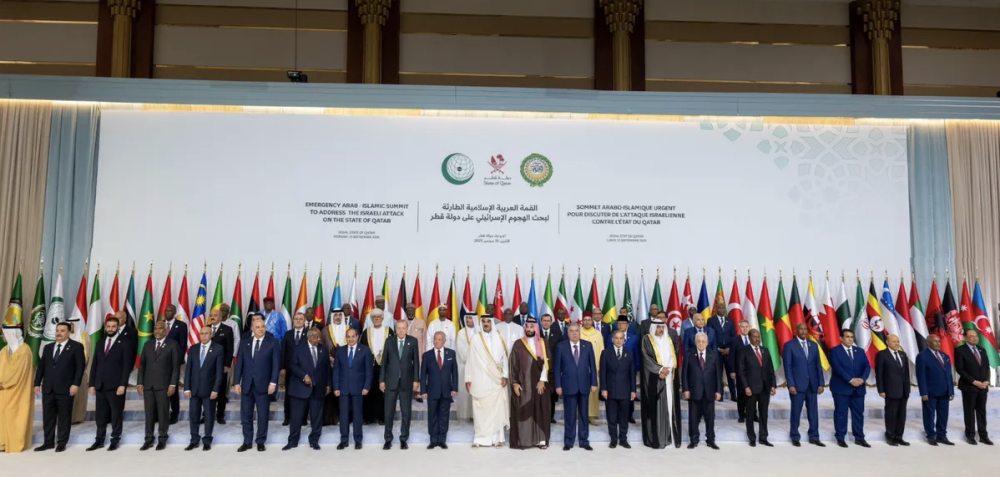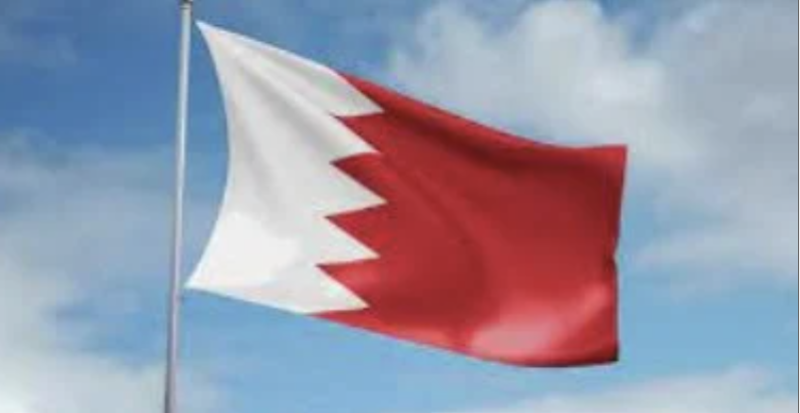Arab, Muslim leaders urge review of Israel ties over Qatar attack in final statement


The Doha emergency Arab-Islamic summit brought together heads of Arab and Islamic nations, forging a unified response to what regional leaders have denounced as a dangerous violation of Qatari sovereignty and international law.
The Israeli airstrike, which struck Doha last week during mediation talks, killed at least six people, including the son of top Hamas negotiator Khalil Al-Hayya and a Qatari security officer. Hamas’ senior leadership survived. The attack, aimed at assassinating the Gaza ceasefire negotiation team, has upended mediation efforts, cast a shadow over regional diplomacy, and triggered international condemnation.
Qatar, which has long served as a key mediator between Hamas and Israel alongside Egypt in ceasefire and prisoner-swap negotiations, warned that the strike has not only jeopardized truce talks but also risks collapsing broader normalization efforts, including the Abraham Accords. The summit opened at the ministerial level on Sunday, followed by the heads of state convening on Monday.
The United Nations Security Council, while stopping short of directly naming Israel, underscored its solidarity with Qatar and reaffirmed support for its mediation role. Regional powers, including Egypt, have declared that Qatari security is inseparable from Arab national security. Against this backdrop, the Doha summit is poised to test whether Arab and Islamic nations can forge a collective course of action in the face of what Qatari officials have branded as “state terrorism” by Israel.

Manama – The Ministry of Foreign Affairs of the Kingdom of Bahrain expressed its deep appreciation, in its capacity as the current chair of t…

Muscat – The Sultanate of Oman announced on Tuesday that it is closely following the latest developments in the Republic of Yemen, reiteratin…

Abu Dhabi – The Ministry of Defense of the United Arab Emirates issued a statement on Tuesday, affirming its reference to the Foreign Ministr…